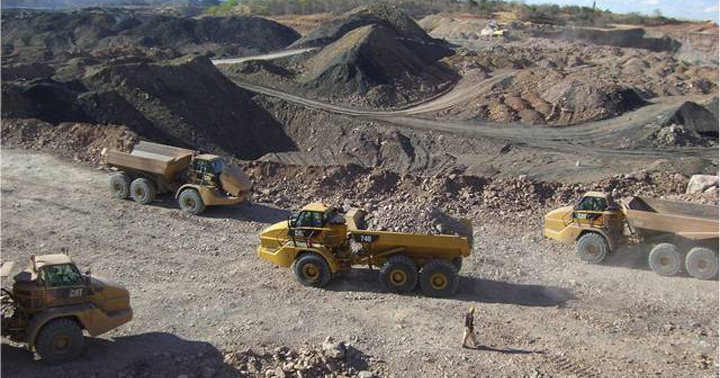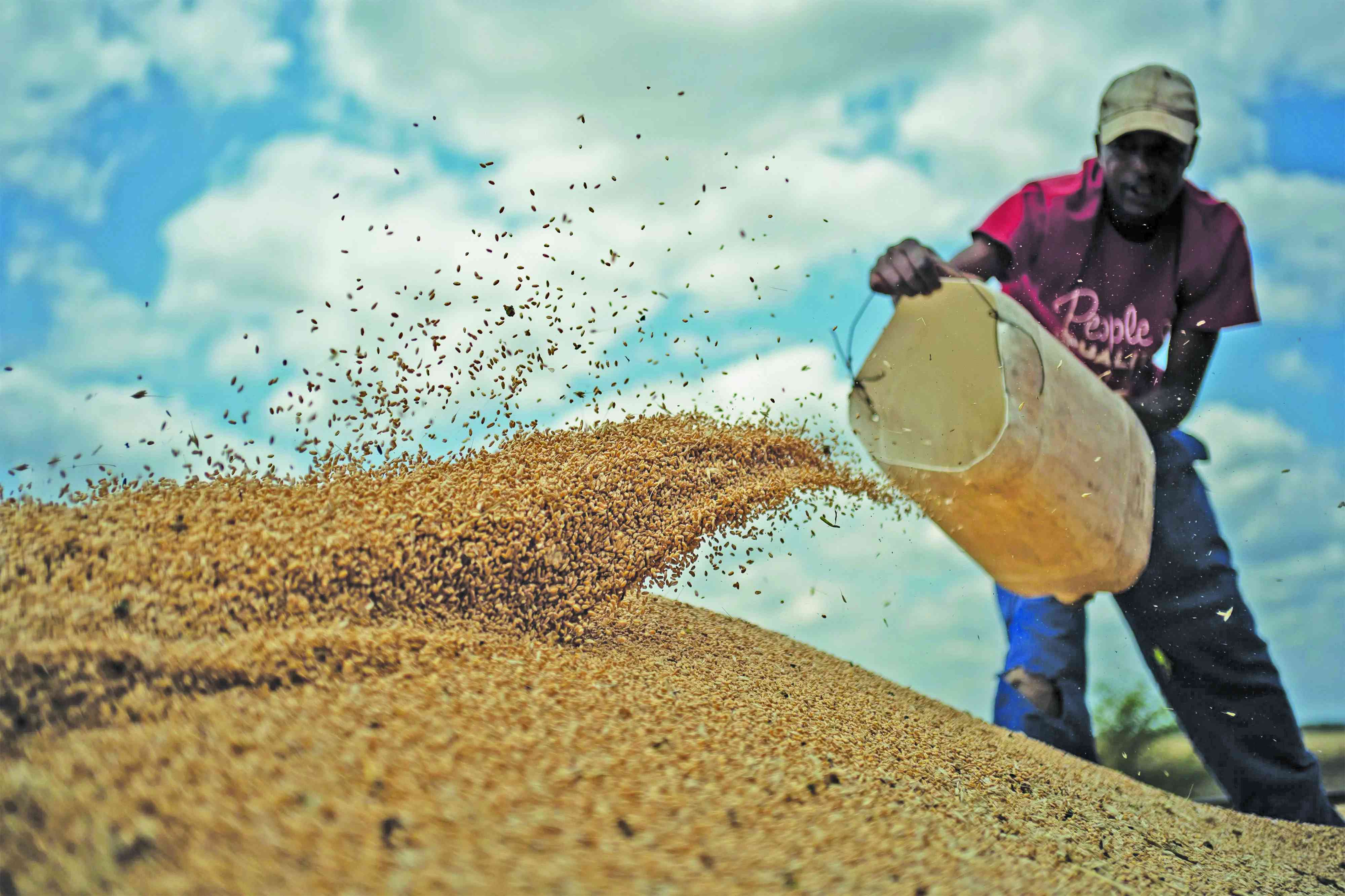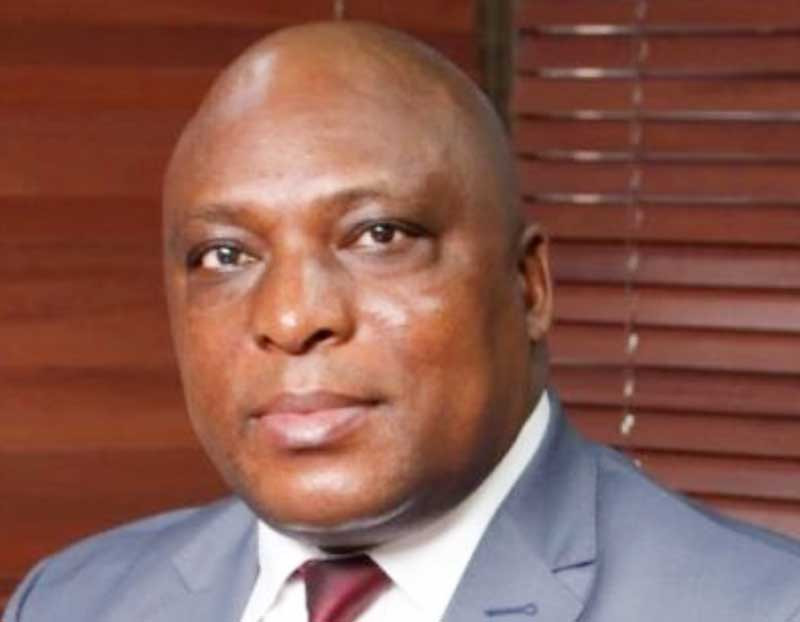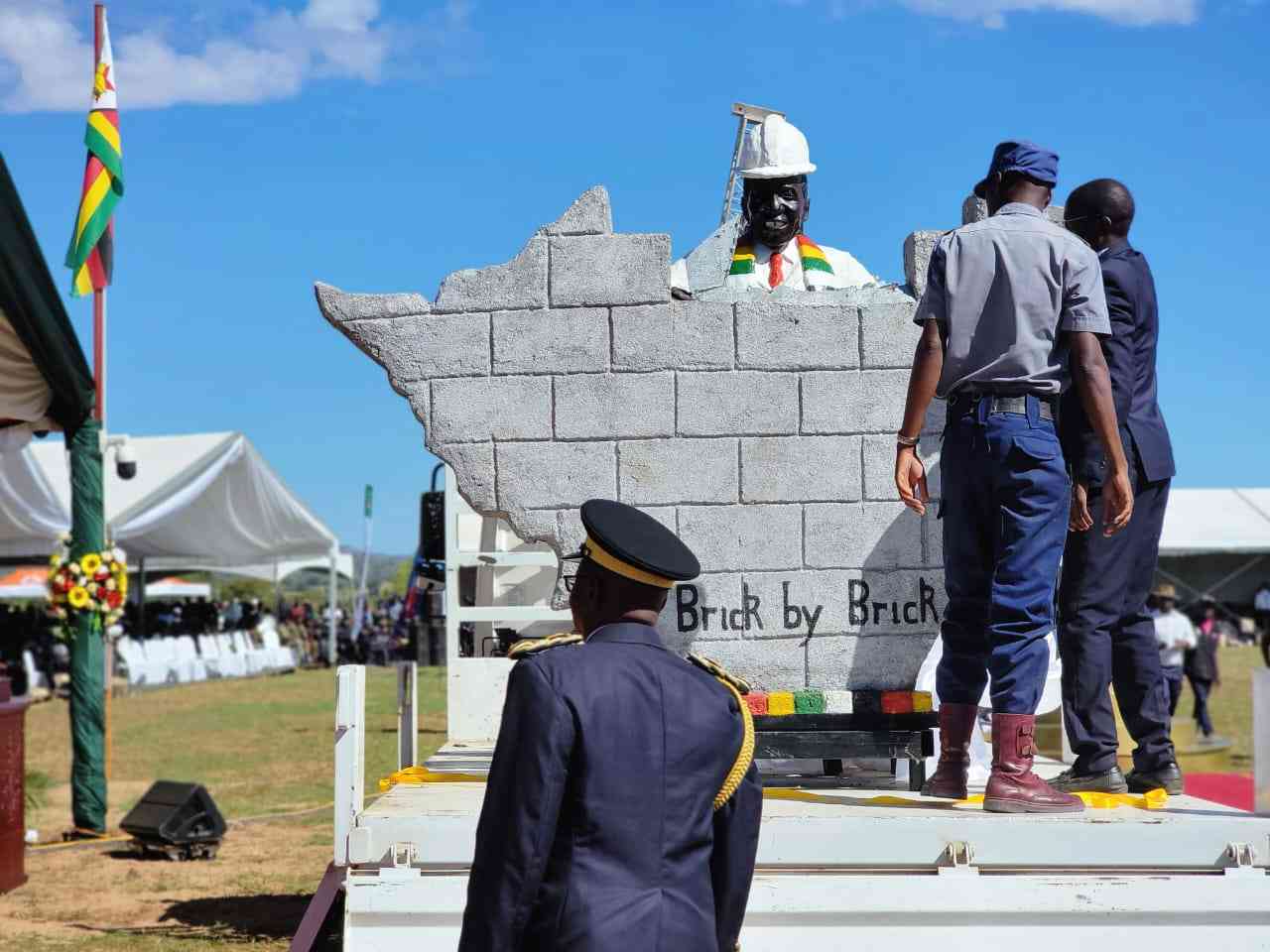
ZIMBABWE is a country blessed with an abundance of mineral resources which if used transparently can help revive the ailing economy and tame runaway inflation that is threatening to reach three-digit levels.
It is no doubt that the country’s abundant mineral resources can provide a foundation for locals to raise their living standards.
This is because the positive effects of mining on the country’s economy are there for all to see and if properly harnessed can stimulate long-lasting economic growth.
The mining sector is said to account for 12% of the country’s gross domestic product and is one of the highest foreign currency earners. The Mines and Mining Development ministry has set an ambitious US$12 billion mining revenue target by 2023, a sign that the sector has potential to grow the economy if it is run in a transparent manner.
There is a risk that this set target will be one of many boardroom decisions that are devoid of reality if the existing irregularities and loopholes are not nipped in the bud.
Inconsistent mining policies by the government and dubious mining contracts are some of the major contributors to this crisis that if not resolved, will derail the set target.
The country’s mineral wealth is fast turning into a curse because of poor governance practices that result in corruption and leadership mortgaging the country’s resources. Many a times, it is the communities that suffer due to these malpractices. Recently, there was an outcry over Chinese company Heijin that was granted special mining grants to explore and mine coal in Hwange National Park. This dubious deal threatened thousands of families with eviction from the land of their ancestors to pave way for mining operations. The move was met with resistance, forcing government to eat humble pie and promise to withdraw the grant.
Heijin has been kicked out of Uzumba in Mashonaland East where it has been extracting granite in Kaseke and Nenzou villages. People from the two villages and civil society demonstrated against the granting of the claims to the Chinese firm under unclear circumstances. It has now come out that the company was granted the claims on land that was not open to prospecting and pegging, thereby violating section 31(1)(g)(ii) of the Mines and Minerals Act (Chapter 21:15).
- Chamisa under fire over US$120K donation
- Mavhunga puts DeMbare into Chibuku quarterfinals
- Pension funds bet on Cabora Bassa oilfields
- Councils defy govt fire tender directive
Keep Reading
Heijin is likely to appeal to the Mines and Mining Development ministry or court of law. If the company presents valid points, there is high possibility of winning the case because it was granted the claims by a government arm, in this case the Mines ministry’s Mashonaland East provincial office.
President Emmerson Mnangagwa has on several occasions ignored calls for him to come clean on the Chinese deals he signed on behalf of the country. There have been allegations that Mnangagwa entered into resource-backed loans with China which are shrouded in secrecy. These loans have evaded parliamentary scrutiny for too long.
It is now an open secret that Mnangagwa begs for these resource-backed loans from China to help him to cling to power even beyond the constitutional term limit. Now the country is heavily indebted and is at risk of losing collateral worth more than the value of the loans he acquired.
It is high time Mnangagwa stopped entering into such dubious deals which often bypass parliamentary scrutiny.











